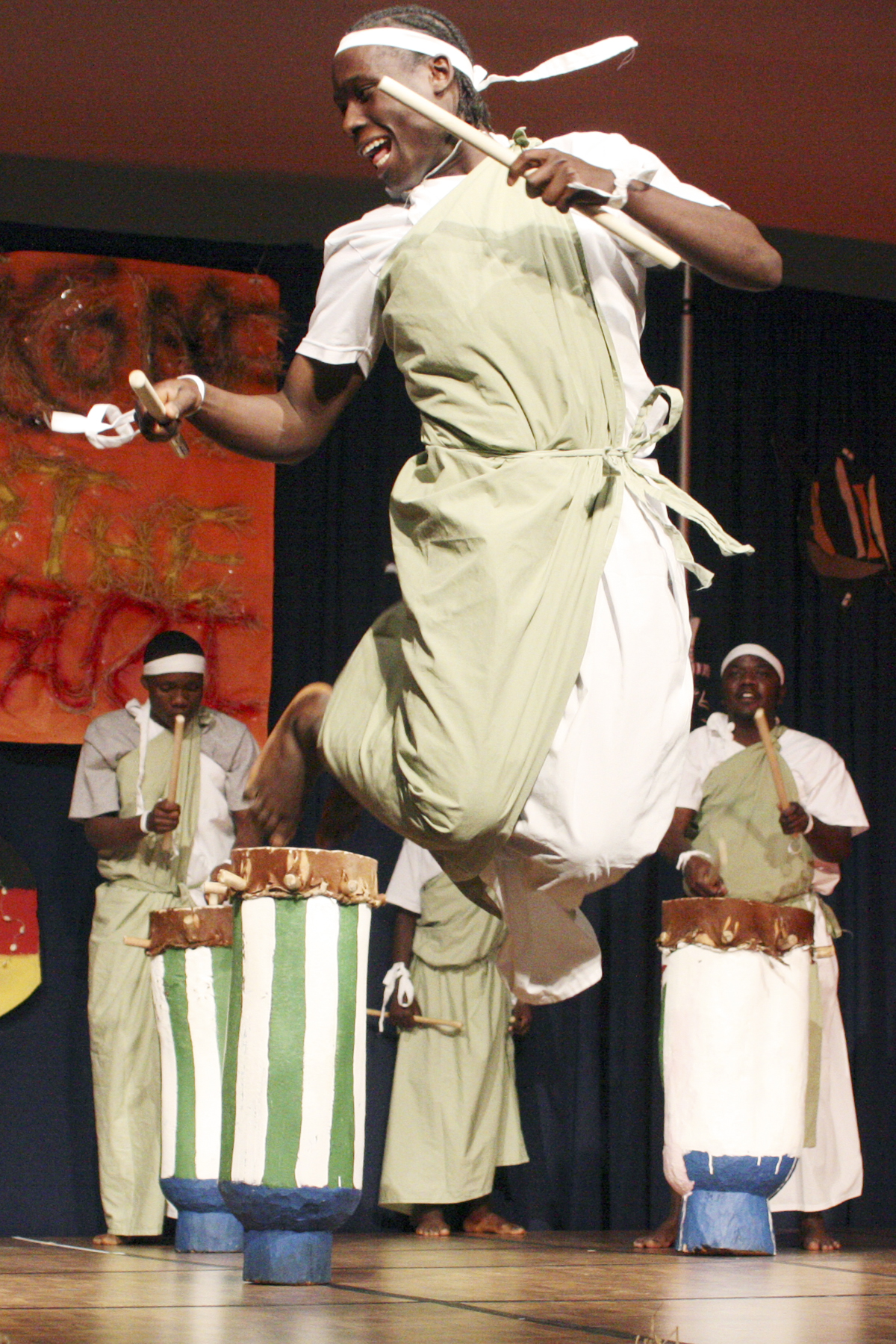AFSA event puts dent in club budget
Members of the African Student Association (AFSA) and other USU students who helped carry out Friday’s African Night 2011: “Welcome to the Safari” said the show’s success turned out to be more than they bargained for.
AFSA President Yordanos Beyene said the event cost more than $3,000 to produce, including $2,750 in food expenses, and the number of attendees far exceeded the estimate of 300. The surplus of patrons in attendance will likely result in a financial strain for the organization, Beyene said, and ended being $25 per person above the estimated count.
“We were impressed and happy with the turnout, but it’s not what we expected,” Beyene said. “It brought unexpected challenges with too many people.”
It’s a potential blow to an organization that Beyene said started $100 in the hole when the school year began.
“We started with negatives because the last presidency spent a lot,” Beyene said. “We had to come up with money to actually hold the event.”
Kaden Anderson, who helped sell tickets, was impressed with the evening for a variety of reasons, but said one particular part of the show stood out above all the others.
“I was pretty amazed by the way some of the girls could dance,” he said. “Some of those girls could really move their hips. It looked exhausting.”
Several dances in the show involved styles unique to African culture.
Among the entertainers were an African organization from University of Utah, an African rap music artist from Provo and a group of African drummers from Salt Lake.
One of the most significant moments of the evening occurred when Norm Perdue, founder of the Children of Ethiopia Education Fund (COEEF), spoke about the need for donations to help continue a cause that has paid tuition for more than 800 girls for an education they otherwise wouldn’t have. He and his wife’s effort was spurred when they traveled to Africa in June 2001. The financial hardships they observed there led them to sponsor a child whose grandmother could not pay for his schooling any longer.
“You think about growth in poor countries, when they are not in school they are pushed into dangers,” Gebre said. “I could go on and on about what society does to disadvantage the female population in particular. Educating women has, for sure, helped against that. I feel very privileged to have worked or contributed to this organization, really to change conditions back home.”
For the AFSA leadership, there were even more reasons than extending educational opportunities to others contributing to their willingness to give up spring break to prepare and practice for African Night.
“It means a lot to show that we’ve got culture,” Gebre said.
She spent the first 12 years of her life in Ethiopia and enjoyed being able to portray the positive sides of culture of African nations and break away from the conflict, violence and poverty that is broadcast on television, she said.
Though the event proved successful, Gebre is concerned about the club’s finances due to the added fee per plate that was charged to accommodate the estimated 380 in attendance.
“I don’t want to look at the receipt,” she said. “I’m really nervous to see it when catering gives it to us.”
– rhett.wilkinsons@aggiemail.usu.edu

